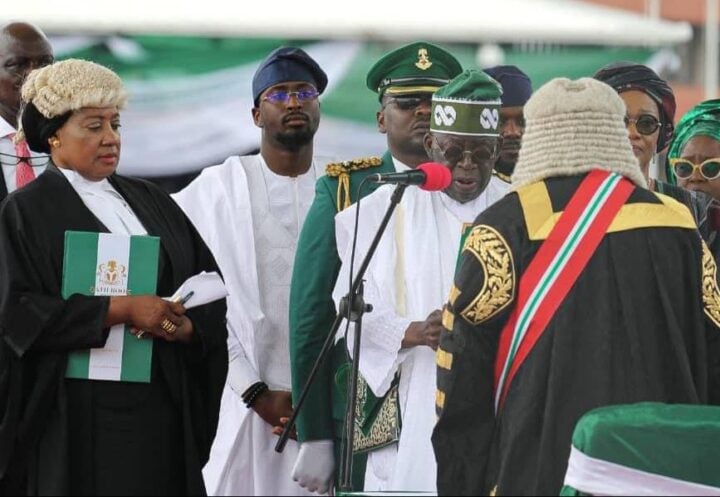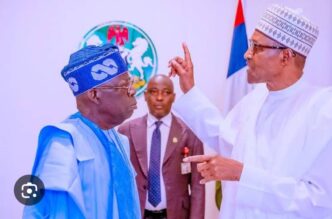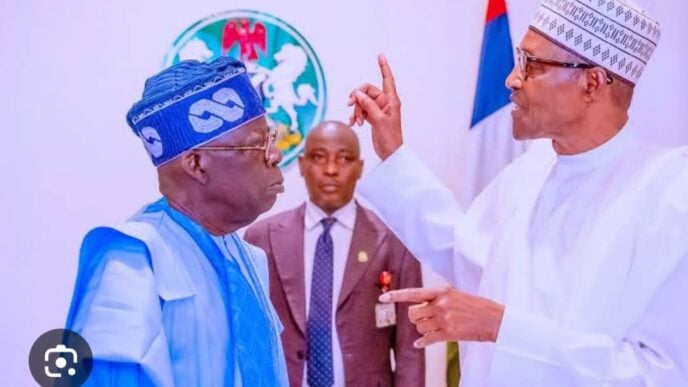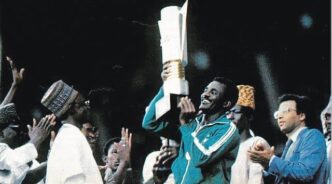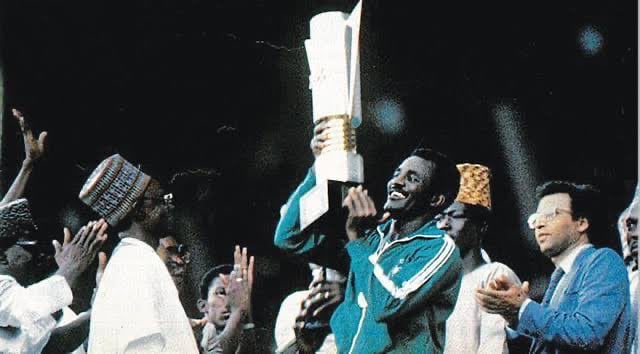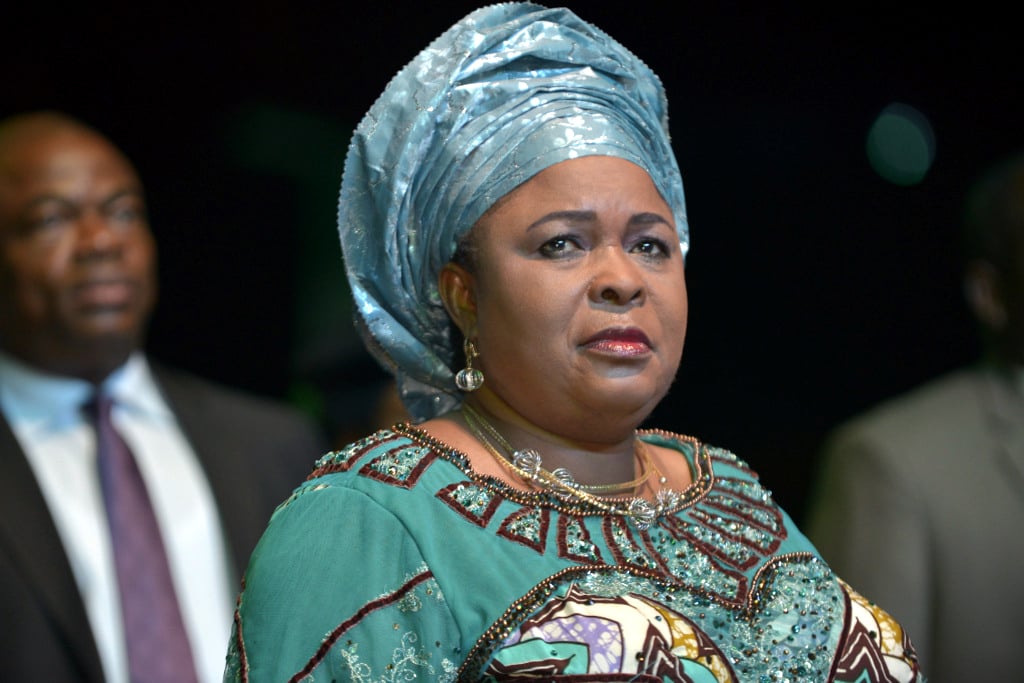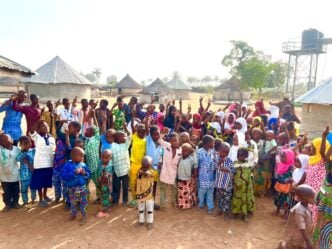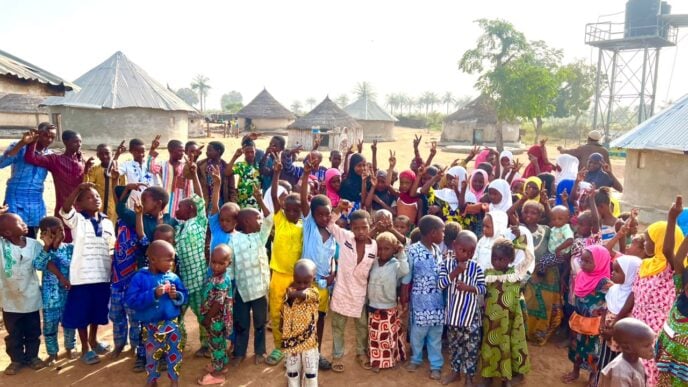Anytime people complain to my hearing about the lopsided high-level appointments made so far by President Bola Tinubu, I am tempted to gloat and proclaim: “Told you so!” I have never hidden my bias for the reflection of federal character, or equity, in appointments, employments and projects. My simple argument for decades has been that in a multi-ethnic society, every section must be given a sense of belonging, no matter who is in power. The truth is that in ethnically plural developing countries, marginalisation — or fear of domination — is a major root of rancour. This often fuels resentment and hostility. It inevitably slows down national integration and worsens political discord.
I have been told to shut up many times by those who oppose my position on political inclusion. They argue that we should focus on only “merit” if we want Nigeria to develop. However, I still maintain that the political atmosphere has to be conducive. We need to build national consensus and sense of ownership. Every part of the country must believe that they have a stake in the Nigerian project, not that they are just a part of the furniture. For as long as we keep playing cat and mouse with basic principles that are vital to the unity of a diverse nation such as Nigeria, the disharmony will continue to be a distraction. It will keep hurting and haunting us. We will never be able focus on our goals.
Those who make the “merit” argument often assume that it is the opposite of “equity”. The federal character principle actually means “merit plus equity”, not “merit minus equity”. There are minimum requirements, no matter where you come from. If this is being abused, that is a separate problem to be addressed in another way. Some people also assume that only their part of the country has merit. They think it is only when you appoint their kin into positions that you have used merit. If you appoint anyone else, it is “federal character”. If that is the case, why should anybody complain about imbalance in Tinubu’s appointments? Are we saying his appointees lack merit or competence?
There are so many prejudices we inherited from older Nigerians who lived in the colonial and independence eras — many of whom we generously call “statesmen”. They are so stuck in 1960 that they cannot see what has changed in 64 years. True, there was a time in this country when all the university graduates were southerners. That was when it was easy to deride northerners as “uneducated”. But we are now in 2025 and I make bold to assert that there is no part of Nigeria today that has not produced thousands of graduates, many of them educated at the best schools home and abroad. You would be shocked to learn that all states now have unemployed graduates!
Advertisement
Inherited prejudice will continue to blind us to the fact that every part of Nigeria has produced a fair share of university graduates, PhDs and professors. Every section of Nigeria now has a decent collection of professionals and experts who have distinguished themselves in various fields — law, medicine, finance, the arts, etc — locally and internationally. One part of the country may be more endowed than the other in some fields or areas, but that is a different argument. My point here is that we first have to discard this inherited prejudice from ethnic supremacists that they are the only ones who have merit when it comes to appointments. This mindset is definitely not based on facts.
More so, we need to be cautious about this “merit” argument. As I have told many of the proponents, is it only at federal level that we need merit in government? Is your state being ruled by “merit”? Are the appointees in your state the best professionals and politicians you can boast of? Which state in Nigeria of today can confidently claim to have significantly tackled basic development issues such as sanitation, roads, potable water, basic education, healthcare and gender equity as a result of their famous “merit”? It appears our merit argument only applies at the federal level. When it comes to our states and councils, we conveniently shut down our brains. It is called hypocrisy.
If we want to be consistent with the “merit only” argument, then we should stop complaining that Tinubu is running a government that is essentially “Yoruba Nayson” (credit: Sunday Igboho). All we need to do is look at the résumés of the appointees: schools attended, degrees amassed, work experience, career attainments… they tick all those boxes. Let us stop complaining and start singing: “All of Tinubu’s appointments are on merit/Give our president some credit.” We should not be looking at the state of origin, ethnicity and religion of appointees. Haven’t we been told these things should never matter, that we should only talk about education, work history and positions held?
Advertisement
But if we want to step down from the Utopian world and pay attention to the ground realities in a diverse society that has been struggling too hard to become a nation, we will be forced to agree that balancing is a vital ingredient in nation-building. I have said it several times: I do not want to go to a federal ministry or department and everybody is speaking the same language and I am told everybody was employed on merit. Come off it! There is no part of Nigeria that does not have qualified candidates. All councils, states, zones, regions and religions have competent people. This is 2025, not 1960. Let us wake up and smell the coffee: no part of Nigeria has monopoly of merit!
Meanwhile, it appears some people only complain when the boot is on the other foot. I didn’t hear many northerners complain when President Muhammadu Buhari was making appointments that seemed heavily in favour of the north, notably in his early years. Maybe they were enjoying it. Now that Tinubu is replicating the template, they are grumbling — although I must immediately confess he has taken it to an unimaginable extent. Some prominent Yoruba commentators who complained about Buhari’s appointments have suddenly developed sore throat and gone quiet under Tinubu. This inconsistency bothers me. Let us use the same yardstick for every president, no matter what.
I must at this point admit that even the federal character principle is subject to different interpretations. The appointment of Mr Bayo Ojulari as the CEO of the NNPC Ltd is a case in point. Ojulari’s identity is peculiar: he is ethnically Yoruba, like Tinubu, but he is from Kwara state, which is in the north. Tinubu is from the south-west. So how should Ojulari be classified in the federal character matrix? Will core northerners list his appointment under the column for the north or the one for Yoruba? Will south-westerners classify him as a northerner? Depending on the point you want to canvass, you can choose to identify him as a Yoruba, or as a northerner, or as a Muslim.
President Olusegun Obasanjo faced a similar situation when he assumed office in 1999. Because he rode on the back of northern power brokers to win his election, he had a gentleman’s agreement with them to cede certain positions to the region. Of the four service chiefs, he agreed to appoint three from the north. He picked Gen Victor Malu from Benue as army chief and went to Kogi to pick Air Marshall Isaac Alfa as air chief and Admiral Ibrahim Ogohi as defence chief. Malu was a Tiv while both Alfa and Ogohi were Igalas. Many core northerners were riled. While some grumbled in their bedrooms, the late Wada Nas openly kicked against it, accusing Obasanjo of marginalising the north.
Advertisement
Obasanjo himself played the game when he did not want the late Chief Sunday Bolorunduro Awoniyi, from Kogi state, to be the PDP chairman. Awoniyi was a strong character whom, honestly, not many Nigerian presidents would want as party chairman because he was not one to be shouting “yes, sir” night and day. Even though the position was zoned to the north-central zone where Awoniyi hailed from, Obasanjo’s foot soldiers went round whispering that it was not good for a Yoruba to be president and another Yoruba to be party chairman. It was politics, I agree, but this is the kind of nitpicking that comes with the make-up of Nigeria. People deploy the identity argument that suits them per time.
Regardless, the principles of federal character and equity are obviously part of our DNA. National associations — such as the Nigerian Medical Association (NMA), the Nigerian Bar Association (NBA) and the Nigerian Union of Journalists (NUJ) — not only share exco offices to various geo-political zones to reflect the national make-up, they also rotate positions between the north and the south. There is no law requiring them to do this but it is just common sense for a national body in a diverse country struggling to remain one. That is why I always back the rotation of presidential power between the north and the south, even though that is not the ultimate formula for development.
In sum, while I do not pretend to know the solutions to Nigeria’s complicated problems, I am certain that Nigerians want a country where they will have a sense of belonging, where they will not feel sidelined, where they will not be marginalised, where they are treated with equity and justice. For the optics of politics, the distribution of federal appointments and projects — especially the top-level ones — must be done along the lines of common sense and balancing. I repeat: there is merit and competence in every part of Nigeria. I repeat: lopsidedness fuels resentment and further divides a country already locked in mutual suspicion. It is not too late in the day for Tinubu to change course.
AND FOUR OTHER THINGS…
ORONTO: 10 YEARS ON
Advertisement
I remember, as always, my friend, brother, mentor and benefactor, Mr Oronto Natei Douglas (OND), who died on April 9, 2015. Last Wednesday marked the 10th anniversary of his passing. I first met OND in 1996 through my pal, Doifie Buokoribo, who introduced me to the Environmental Rights Action (ERA) to help them design and print their newsletters, pamphlets, magazines and books. OND was the deputy director of ERA at the time. He was a genuine Niger Delta activist. As aide to President Goodluck Jonathan, Oronto described himself as an “activist in government”. His passion for democracy and development was amazing. He was a great soul and a loyal friend. Unforgettable.
ABBA KYARI: 5 YEARS ON
Advertisement
It will be five years on April 17 that Mallam Abba Kyari lost his life to complications from COVID-19. My last conversation with then-President Muhammadu Buhari’s chief of staff haunts me till this day. He told me he was on his way to Lagos for treatment because his cough was getting worse. We never got to talk again, but I kept getting progress reports that he was recovering well at a Lagos hospital. Sadly, he had what doctors call “co-morbidities” (other existing ailments) which were worsened by the COVID infection. He eventually lost the battle for his life. I was so pained. He was one of the most knowledgeable, passionate and loyal but well vilified Nigerian public servants I ever knew. Patriot.
TRAIN PAIN
Advertisement
It is difficult to celebrate some successes in Nigeria because there is always a fly in the ointment. The improvement in rail transportation is supposed to be a source of joy after all the billions we’ve spent but there is often a spanner in the wheel. The Nigerian Railway Corporation (NRC) has suspended operations on the Warri-Itakpe corridor because of a “major technical disruption”. The train broke down mid-journey, in the middle of a desert in a state where kidnappers are always on the prowl. We were told it would take 72 hours to repair the fault. This is not good at all. We hear these stories all the time. Something is definitely wrong somewhere but we keep patching things up. Troubling.
NO COMMENT
Advertisement
Something is happening in Rivers state that should worry every Nigerian who still cares about our democracy. An emergency administrator whose primary duty is to stabilise the state may be working on a different script, dismantling existing structures and building his own. While we were still watching the pro-Wike lawmakers partying in London, the administrator appointed his own caretakers for the councils. What we have is no longer an interim administration but a full-blown government. This looks to be more than a six-month arrangement. Anyway, all that President Tinubu needs to extend the emergency rule is the National Assembly. Is it not by voice vote? Hahahaha.

